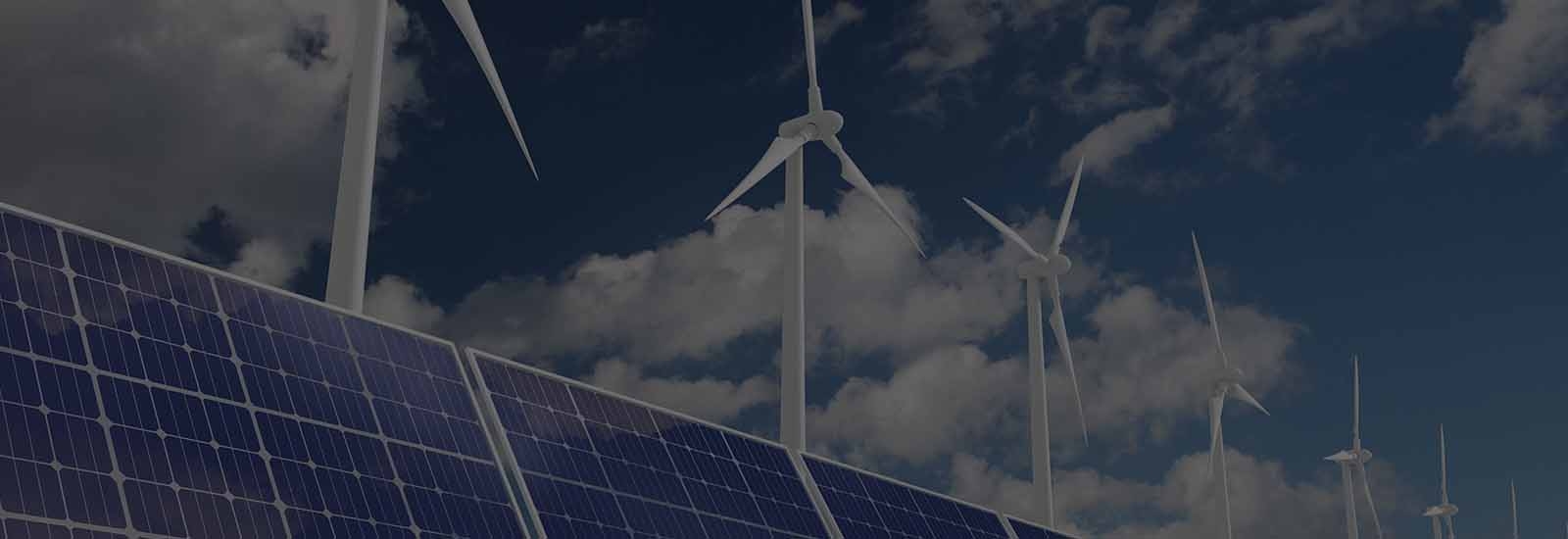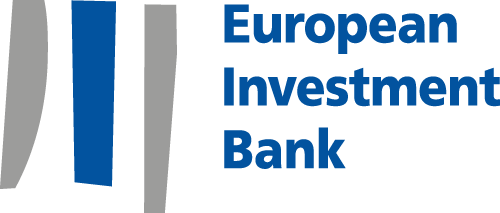Clean Energy Tool
Reliable, consistent and digestible information for investment in clean energy projects around the world.

Reliable, consistent and digestible information for investment in clean energy projects around the world.

RE Auctions
The second auction for the allocation of the support quota between wind power plant projects, scheduled for 4 April 2025, for three 100 MW wind farms, did not take place due to the absence of bidders. Similarly, no bidders participated in the first auction for the SPP. A subsequent auction for 47 MW for small hydro and bioenergy was scheduled for 12 May 2025; no bidders submitted their proposals.
Ukrenergo announced Fourth Special Auction for Procurement of Ancillary Services to Balance the Power System
On 2 May 2025, NPC Ukrenergo announced the fourth special auction for the long-term procurement of ancillary services, set for 27 May 2025. Winning bidders will secure five-year contracts to provide automatic frequency restoration reserve (aFRR) services. The total capacity to be procured is 550 MW, with contracted services expected to commence on 1 December 2026.
Auction for the construction of new generating capacity
NPC Ukrenergo concluded a tender for constructing new generating capacity and implementing demand management measures. Thirteen projects from seven bidders were selected.
Detailed update on terms and conditions of the contracts to be awarded: read here
The results for the winning proposals are as follows:
1st Priority Zone
PrJSC Kryvyi Rih Cement (Dnipro region):
9.4 MW, 9.2 MW, and 9.2 MW at EUR 400,000 per 1 MW
JV AgroDar (Chernihiv region):
16.1 MW at EUR 557,100 per 1 MW
LLC Agroholding Radosvit (Kyiv region): 9.2 MW, 40.9 MW, 16.1 MW, and 13.8 MW (Chernihiv region)
at EUR 557,100 per 1 MW
2nd Priority Zone
LLC Power One (Zakarpattia):
Two projects of 9.2 MW, with costs of EUR 300,000 per 1 MW for one project and EUR 400,000 per 1 MW for the other
LLC Magnat Energo (Ivano-Frankivsk region):
79 MW at EUR 549,600 to EUR 557,100 per 1 MW
JV AgroDar (Ivano-Frankivsk region):
63.2 MW at EUR 557,100 per 1 MW
North Land LLC (Ivano-Frankivsk region):
6.9 MW at EUR 648,000 per 1 MW
Stantsiya Industrialna LLC (Ivano-Frankivsk region):
25 MW at EUR 780,000 per 1 MW
Electricity imports
In April 2025, electricity imports to Ukraine fell by 30% compared to March, dropping to 187,000 MWh.
The majority of imports originated from Hungary (44%), followed by Slovakia and Poland, each accounting for 18%. The highest daily volume of imports was recorded on 11 April, exceeding 20,000 MWh. However, imports declined sharply after 20 April.
At the same time, electricity exports from Ukraine almost doubled month-on-month, reaching over 150,000 MWh in April.
In March 2025, Ukraine had increased its electricity imports by 11% compared to February, totalling 272,000 MWh. Most of this electricity came from Hungary (42%), with additional volumes supplied by Slovakia (19%), Poland (18%), Romania (16%), and a small amount from Moldova. Imports rose across all routes except from Slovakia.
Despite the monthly rise, March imports remained nearly 40% lower than in March 2024.
Ukraine also doubled its electricity exports in March, reaching 76,300 MWh. This increase was driven by higher daytime output from solar power plants, resulting in a surplus within the power system.
Ukraine moves to boost green energy investment with new Draft Law on Renewable Electricity Reforms
The Ukrainian Parliament has registered Draft Law No. 13219, proposing amendments to existing legislation aimed at enhancing competitive conditions for electricity generation from renewable energy sources.
The draft law introduces several key changes:
More details – in our update
Draft Law to regulate the security of electricity supply
A new draft law aims to strengthen state control and oversight of electricity market participants – excluding household and other specially protected consumers – by enforcing compliance with regulatory requirements related to the safe and reliable supply of electricity.
Under the proposed changes, the Cabinet of Ministers would be authorised to set national electricity consumption limits. The Ministry of Energy would assume broader operational powers, including the approval of maintenance and repair schedules, supervision of fuel reserve accumulation, coordination of emergency responses, and preliminary review of distribution system operators' (DSOs) development plans.
The State Energy Supervision Inspectorate would be granted enhanced authority to monitor technical reliability, carry out inspections, and impose fines of up to UAH 1 million for violations. These new powers would apply across the electricity sector, including to renewable energy producers, who would become subject to the same strict regulatory regime as other generators.
Electricity producers would face new obligations, such as compliance with government-approved maintenance plans, acceptance of inspections, and participation in modernisation efforts. While the reform aims to bolster energy resilience, it could also increase regulatory pressure, reduce operational flexibility, and heighten financial risks—particularly for producers operating renewable energy facilities.
More information – read the update
Establishment of the US-Ukraine Reconstruction Investment Fund
On 30 April 2025, Ukraine and the United States signed an agreement to establish the United States–Ukraine Reconstruction Investment Fund. The Ukrainian Parliament ratified the agreement shortly thereafter. It lays the foundation for a limited partnership between a Ukrainian state agency and the U.S. International Development Finance Corporation (DFC), although the fund itself will only be established once a detailed partnership agreement is finalised.
The fund will focus on two strategic areas: the extraction of critical natural resources—including a wide range of essential minerals, oil and gas—and large-scale infrastructure developments, particularly energy projects implemented through public-private partnerships (PPPs). It will be granted preferential rights, including the right of first refusal for new investment opportunities and the option to purchase extracted resources on commercial terms.
The agreement’s practical impact will depend on subsequent legislation and regulatory changes in Ukraine. For businesses, its effectiveness will only become evident once the partnership agreement is signed and the corresponding legal framework is updated.
Detailed analysis of the Agreement – in our publication
NEURC proposes amendments to Transmission System Code to streamline grid access
The National Energy and Utilities Regulatory Commission of Ukraine (NEURC) has published a draft resolution proposing amendments to the Transmission System Code. The proposed changes aim to streamline and enhance the regulatory framework for grid connections and capacity allocation. Key amendments include:
These amendments are expected to improve transparency, flexibility, and efficiency in connecting new energy projects to Ukraine’s transmission infrastructure.
International support for Ukraine's energy sector

Ukraine will receive €300 million from the European Investment Bank to support the restoration of its energy system and other critical infrastructure.

The Government of Canada has contributed an additional €33.4 million (CAD 50 million) to the Ukraine Energy Support Fund, bringing its total contribution to €40.1 million (CAD 60 million). Canada has also pledged a further €6.7 million (CAD 10 million) in future support.
Galnaftogaz Secures €157 Million in International Financing for Wind Farm in Volyn
Concern Galnaftogaz (OKKO) has signed an agreement with the European Bank for Reconstruction and Development (EBRD), the International Finance Corporation (IFC), and the Black Sea Trade and Development Bank (BSTDB) to raise €157 million for the construction of a 147 MW wind farm in Volyn, western Ukraine.
The EBRD and IFC are each providing €60 million in financing, while the BSTDB is contributing €37 million to the project. The initiative is further supported by guarantees from the European Union and a £3.8 million grant from the United Kingdom.
Galnaftogaz is also committing approximately €68 million of its own capital to the development of the wind farm.
DTEK Receives €11 Million Grant from France for Ukraine’s First Digital Power Substation
DTEK, a leading private energy holding in Ukraine, has secured an €11 million grant from the French government to build the country’s first digital power substation. The project, which will use GE Vernova technology, has a total estimated cost of €15 million.
The substation will be financed through the French grant and €4 million in co-investment from DTEK.
MHP Completes Ukraine’s First Export of Liquefied Biomethane
Vinnytska Ptakhofabryka LLC, part of the international food and agri-tech group MHP, has completed Ukraine’s first-ever export of liquefied biomethane (bio-LNG). According to the company, the fuel is produced entirely from poultry manure and other agricultural waste.
Nearly 18,700 tonnes of bio-LNG—containing at least 95% methane—were exported to Germany, where global energy trader Vitol was the buyer. The bio-LNG was transported via road tankers.
EU Carbon Border Talks Ongoing
Separately, Ukraine continues to engage with the European Commission to seek a deferral of the Carbon Border Adjustment Mechanism (CBAM) as it applies to Ukrainian exports. Consultations have been held with both the Directorate-General for Climate Action (DG CLIMA) and the Directorate-General for Taxation and Customs Union (DG TAXUD).
DG CLIMA has indicated a willingness to continue discussions, although coordination with DG TAXUD remains crucial. The European Commission has proposed delaying the full implementation of CBAM until 1 February 2027, potentially giving Ukraine additional time to align with the regulation.
sophisticated solutions for businesses on their way to carbon neutrality
WE HELP WITH